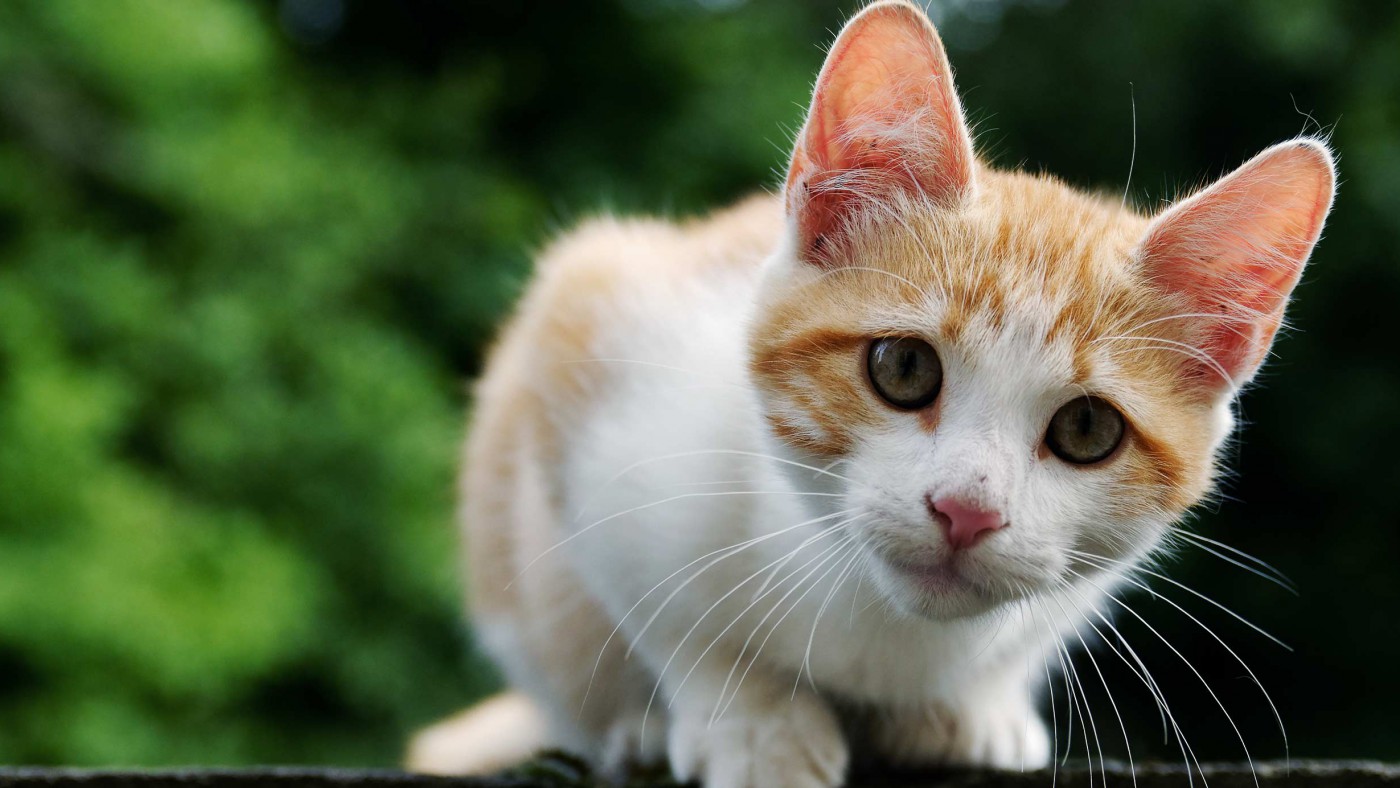Are cats really natural libertarians? David Leyonhjelm, the Australian Liberal Democratic party senator for New South Wales, certainly thinks so. Writing in the Guardian on Thursday, he says (with observation to his own cats) that “they are all individuals and refuse to identify with groups”, and concludes “Cats will accept being equal, but nothing less is acceptable. It’s very libertarian of them.” They are also big trouble for Australian wildlife, being such efficient hunters, so Leyonhjelm advocates that responsible pet owners keep their cats indoors and neuter them to keep the population down.
This, according to Sinclair Davidson, is a perfect analogy for libertarianism: “Libertarians just want to be free but there is always some fascist out to desex you, keep you indoors, and not let you hunt down, play with, then kill and eat those yummy fauna.”
It is true that cats, at least once their past their adorable kittenish stage, share many similarities with libertarians. They are fiercely protective of their property rights, (the most comfortable spot on the sofa). They mostly want to be left alone to do whatever they choose (ever tried to pick up a cat that doesn’t want to be held?). And they have strong feelings about their bodily autonomy (as anyone who has tried to take a cat to the vet will attest to). In short, unlike dogs, cats crave freedom and do not appreciate the government (i.e. their owners) making decisions about what they should and should not be doing.
But cats may not be as consistently ideological as Leyonhjelm and Davidson would like to believe.
CapX Editor Iain Martin has two cats, with differing political opinions: “Personally, I think one of my cats is a libertarian (the bossy bigger cat) and the smaller one is a collaborative Burkean Tory.” One cat wants to be free, the other is more inclined to work together for a better world, though whether the latter’s feelings might change if a third cat was introduced remains to be seen.
I own no cats, but a lifetime of borrowing other people’s has taught me a thing or two. My aunt’s cat, for example, seemed a true libertarian. He would leave the house each morning and return at dusk with the demeanour of a successful hunter. No government hand-outs (in the form of dried cat food) for him. It later transpired that several other families on the street considered him their cat, as he would turn up each day and spend a couple of hours being fed and fussed over, before moving on to the next house down. His independence, therefore, was pure fantasy, and he was in reality utterly reliant on the charity of others.
My cousin’s cat, meanwhile, makes no attempt to fend for herself. While she is suitably haughty towards all humans, especially if they are sitting on her armchair, she does at least recognise where her food comes from. To those who regularly feed her, she will permit herself to be stroked, and even picked up, in the hope of being rewarded. To anyone else, she is cold-hearted and utterly antisocial. Here is a cat who understands markets: five minutes of cuddles for one meal. She knows that humans have skills which she lacks (the ability to open the cupboard door), and she is prepared to pay for their services.
Personally, I do not think cats can be considered true libertarians, as part of the libertarian bargain is respect for other people’s rights. While it may be that cats do not consider humans to be ‘people’, they should at least respect one another’s rights, but anyone who has seen one cat trying to eat another’s food when he has already been fed will know that this is not the case. Cats know when something does not belong to them, but if they want it, their lack of ownership does not seem to prevent them from attempting to take it. They are also happy to trespass into others’ territory.
Moreover, most housecats have the choice to leave and live an independent lifestyle, but prefer to remain and endure reduced freedom in exchange for security and predictability. In this, they are much like anyone who accepts that paying their taxes is a tolerable price for living in a safe and productive society.
The upshot? Cats may be small-government conservatives, but they are not natural libertarians.


